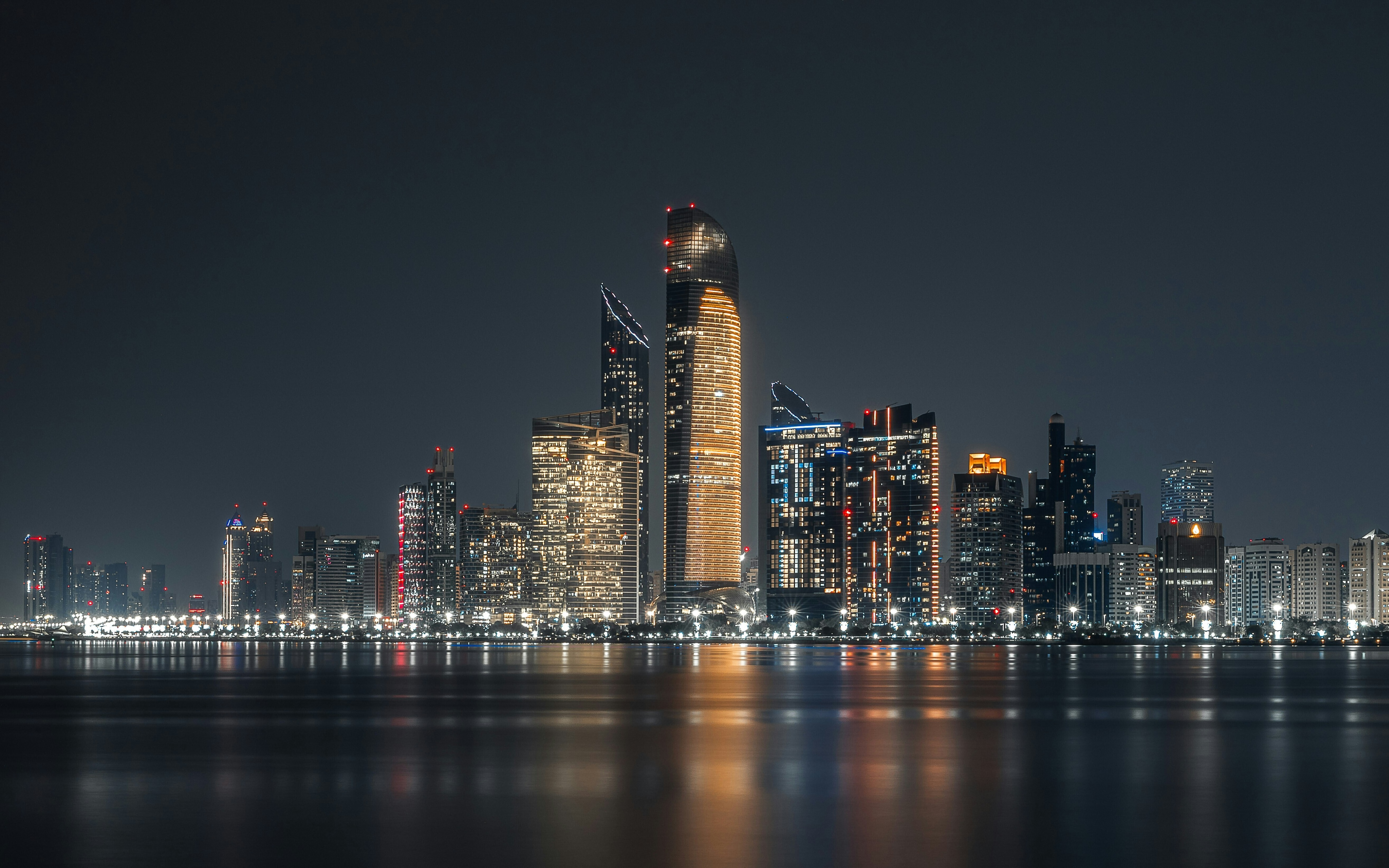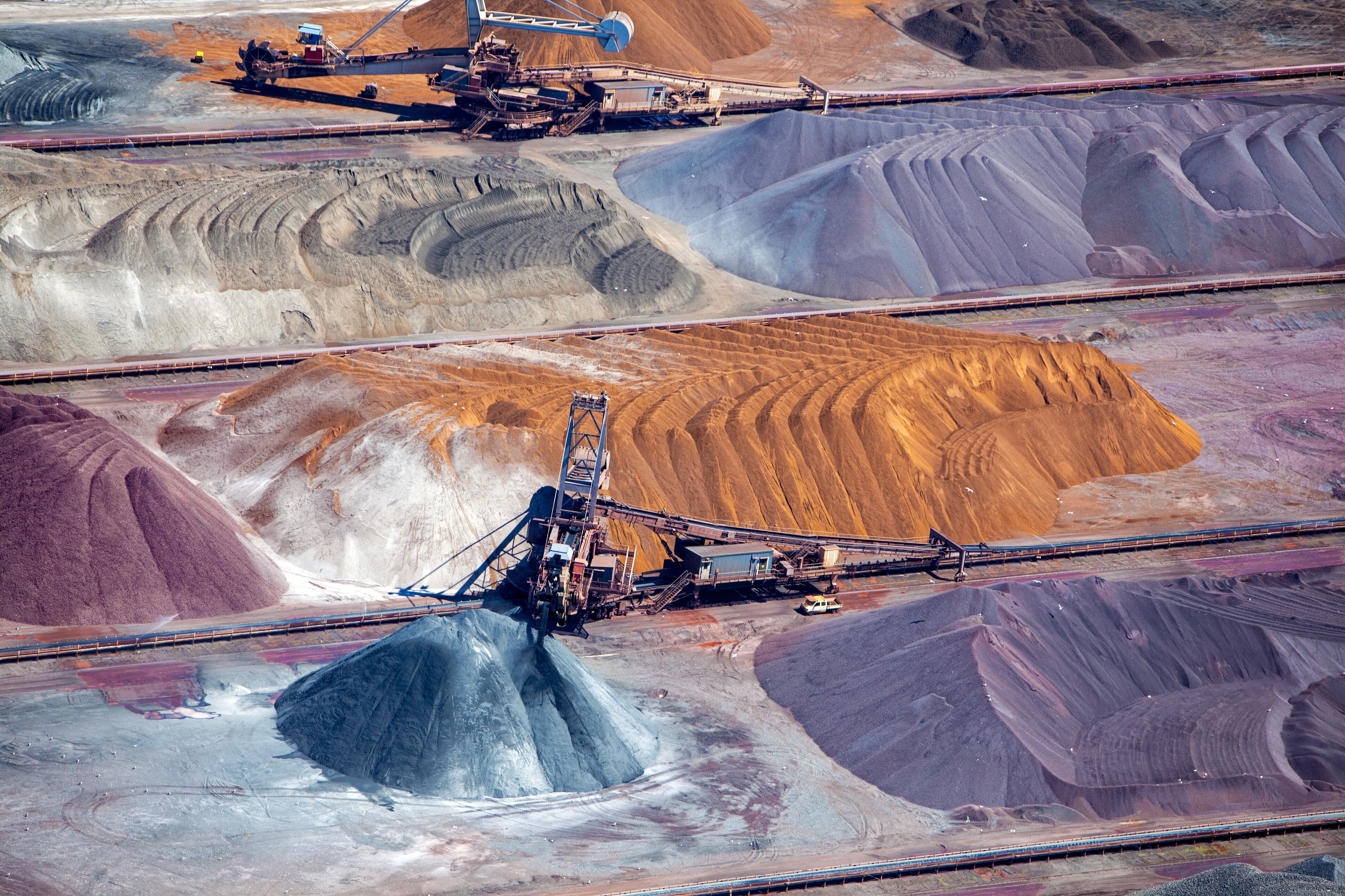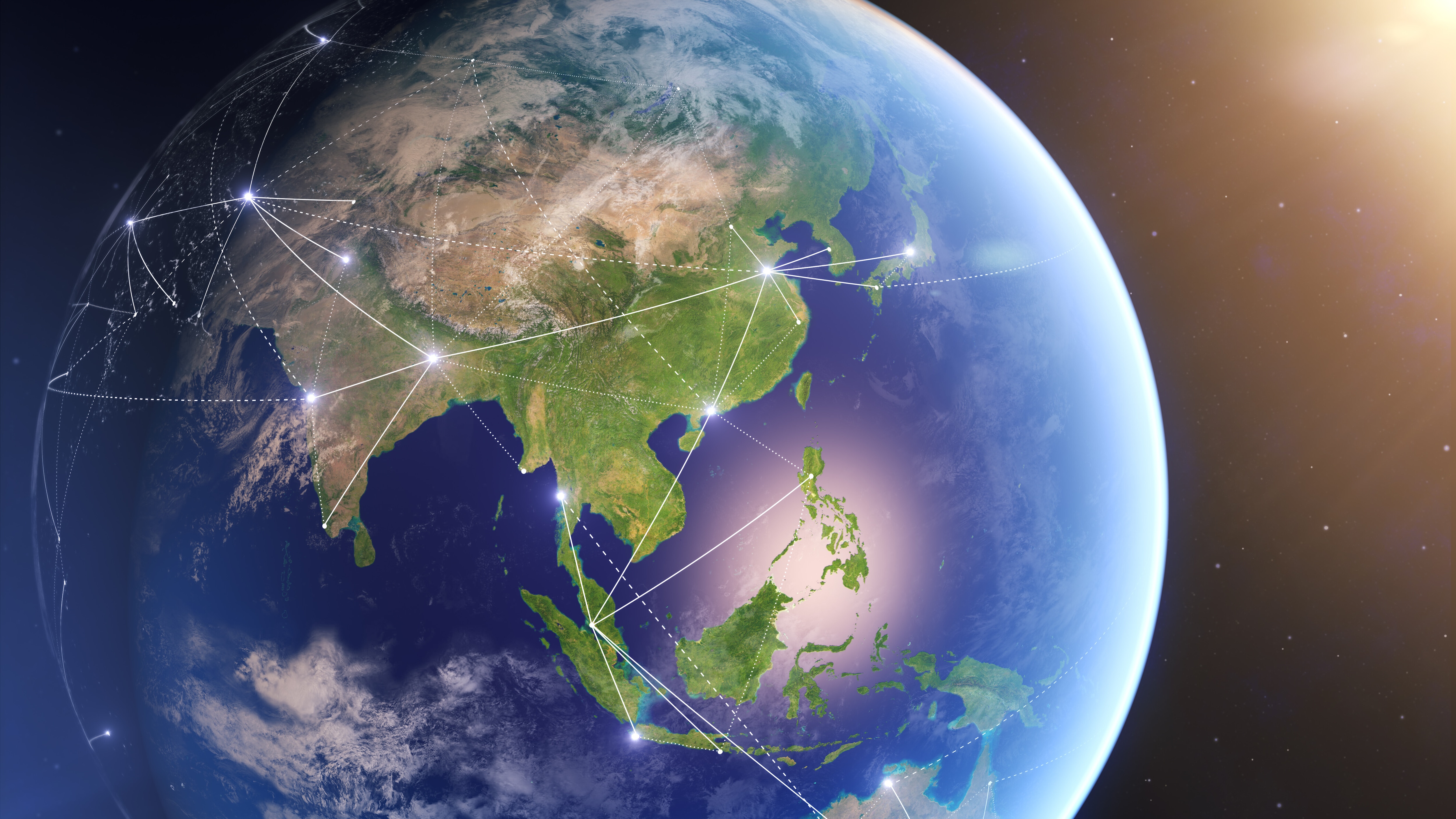Why we must outfox the criminal entrepreneurs

Below the surface of globalization and the green revolution, a global web of crime and corruption feeds an illegal economy that is corroding market-based economies and democratic institutions, threatening the health and safety of citizens around the world and endangering vital ecosystems and habitats. Staying ahead of these illicit networks will take a global network working collaboratively across sectors, governments and organizations.
Criminal entrepreneurs have hijacked the technological, financial and communications advances of globalization for illicit gains. The proliferation of these networks and the convergence of their illegal activities threaten the interdependent commercial, transportation and transactional systems that facilitate free trade and the movement of people throughout the global economy.
The exact volume of illicit trade is unknown, but according to some estimates, the illegal economy accounts for 7-10% of world GDP, with higher rates in the developing world.
Far from going underground, this illegal economic activity has a harmful impact on legitimate economies and societies everywhere: government revenues pocketed by corrupt officials; natural resources stolen by smugglers and poachers; people dying due to counterfeit and defective medicines; human beings subjected to forced labour in the manufacturing of goods; the pollution of vital food and water supplies by the dumping of toxic waste by organized criminal groups; and illegal logging, which exacerbates climate change.
Criminal entrepreneurs have become the new CEOs and venture capitalists. When illicit financial flows and dirty money enter the global financial system, they weaken the integrity of markets and give false hope to vulnerable communities that illicit enterprise can replace fair and transparent markets.
Just as businesses carefully analyse the risks and opportunities of emerging markets before investing, international stakeholders – from law enforcement agencies to corporations – must identify and quantify the vulnerabilities of markets and communities to illicit trade before they can develop a strategy to combat it and shut down the illegal economy. Only then can we help impacted communities turn their economies into the investment frontiers of tomorrow and safeguard their human capital, national assets and natural resources.
David M. Luna is the Chair of the OECD Task Force on Charting Illicit Trade and a Member of the World Economic Forum’s Global Agenda Council on Organized Crime.
Image: A dog stands near packs of marijuana confiscated in Cali, Colombia. REUTERS / Jaime Saldarriaga
Don't miss any update on this topic
Create a free account and access your personalized content collection with our latest publications and analyses.
License and Republishing
World Economic Forum articles may be republished in accordance with the Creative Commons Attribution-NonCommercial-NoDerivatives 4.0 International Public License, and in accordance with our Terms of Use.
The views expressed in this article are those of the author alone and not the World Economic Forum.
Stay up to date:
Economic Growth
Forum Stories newsletter
Bringing you weekly curated insights and analysis on the global issues that matter.
More on Economic GrowthSee all
John Letzing
January 8, 2026






